
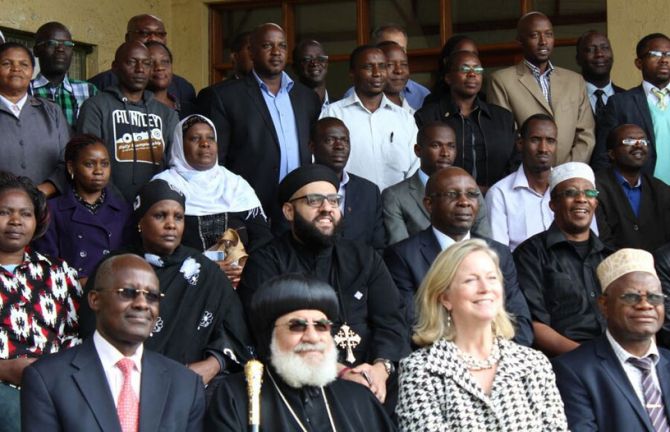
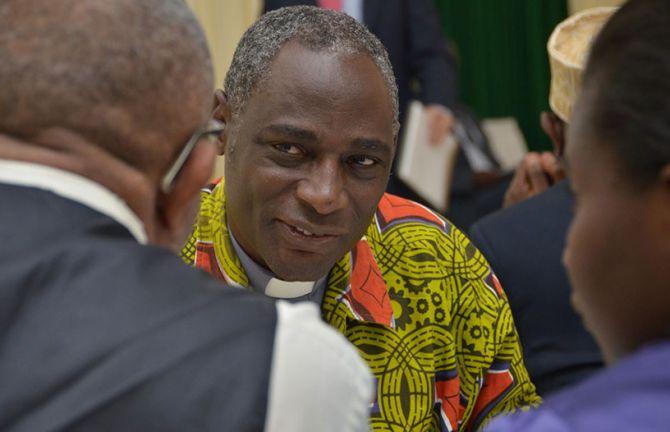
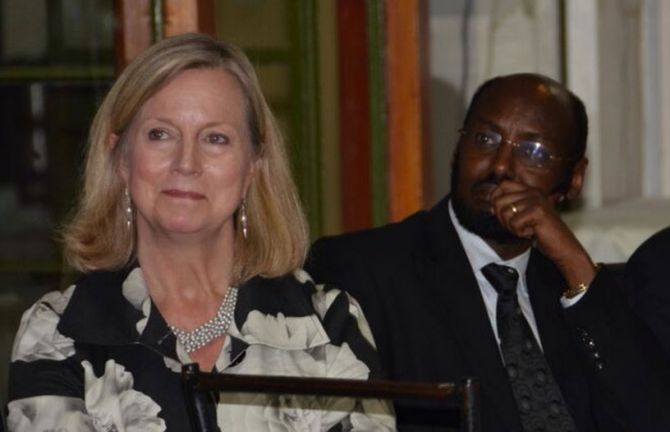
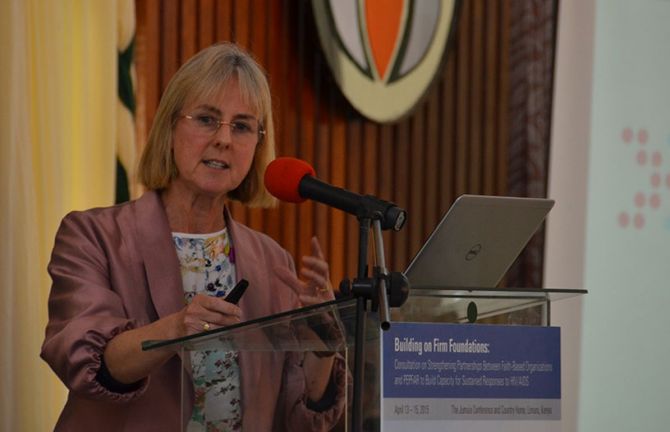
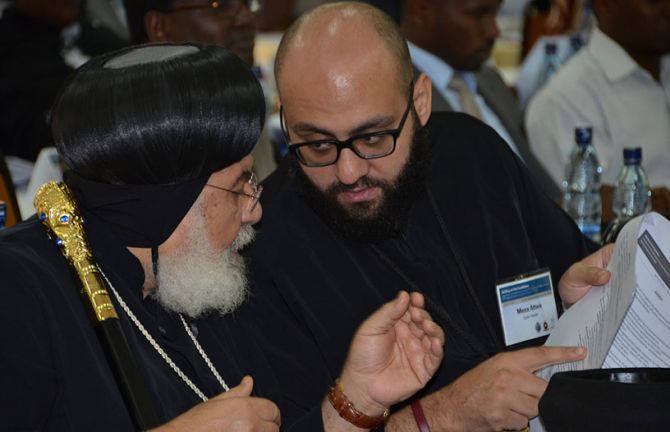
Update
UNAIDS and PEPFAR launch faith initiative
01 October 2015
01 October 2015 01 October 2015UNAIDS and the United States President’s Emergency Plan for AIDS Relief (PEPFAR) have launched a two-year initiative to work with faith-based organizations and strengthen their capacity to respond to HIV.
Unveiled during the seventieth session of the United Nations General Assembly in New York, the first phase of the US$ 4 million programme will increase collaboration with faith communities in several UNAIDS and PEPFAR partner countries across five focus areas. These are: collecting, analysing and disseminating data; challenging stigma and discrimination; increasing demand for HIV services and retaining people in care; improving HIV-related service provision; and strengthening leadership and advocacy.
Faith-based provision of health services has been a cornerstone of the global HIV response from the earliest days of the epidemic. Religious organizations continue to provide health—and other essential services—to local communities around the world. In responding to epidemics and health emergencies, there is evidence showing that no matter how effective a biomedical response is, there is always a need for equally effective collaboration with communities.
This faith initiative will support scale-up of community and faith responses, which are central to achieving the ambitious UNAIDS 90–90–90 treatment target and the PEPFAR 3.0 goals focusing on impact, efficiency, sustainability, partnership and human rights.
The new initiative has been developed in response to 10 recommendations made by faith leaders at a consultation in April 2015, which brought together more than 50 faith leaders from Kenya, Rwanda, Uganda and the United Republic of Tanzania. Recommendations include increased accountability, greater collaboration between faith-based organizations and international partners, and better access to data.
In September 2015, at the United Nations General Assembly, UNAIDS, PEPFAR and Emory University released a report based on the recommendations. The report, Building on firm foundations, explores in depth the scale and scope of faith-based responses in the four countries.
A landmark series on faith-based health-care published by the Lancet in July 2015 called for more research into the work of faith-based health-care providers. The series noted that although it is widely known that faith groups provide care and support to often marginalized communities, there is a need to improve the measurement of how they benefit health-care provision. This is among a number of recommendations that the new UNAIDS/PEPFAR partnership is set to address.
Quotes
“Faith-based organizations are essential partners, particularly in the areas of health service delivery and addressing stigma and discrimination. The partnership with faith-based organizations is critical to ending the AIDS epidemic and making sure that no one is left behind.”
"This initiative responds directly to the recommendations from faith leaders at the consultation in April. Faith based responses to HIV are essential to ending this epidemic. This is not the first time we have heard these recommendations and now, more than ever we must listen, we must respond and we must act together to achieve the ambitious goals of PEPFAR 3.0."



